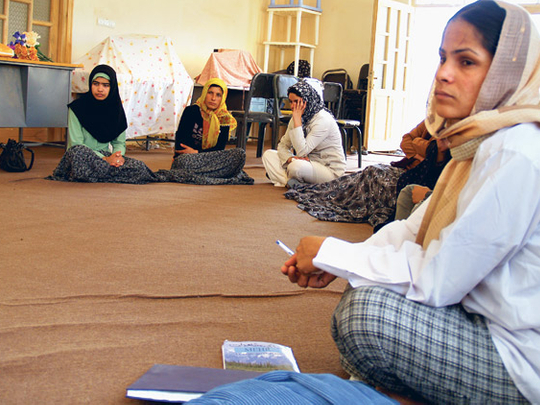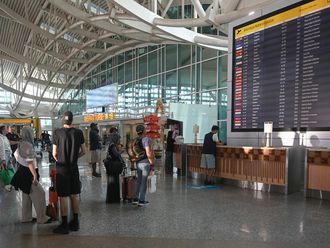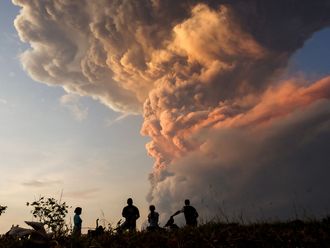
Kabul: In 2003, Afghanistan's Ministry of Rural Rehabilitation and Development created the National Solidarity Programme (NSP).
It aims to develop the ability of Afghan communities to identify, plan, manage and monitor their own development projects. The NSP also aims to empower rural communities.
Through facilitating partners, voluntary community development councils (CDCs) have been established, where communities vote for their leaders in a democratic process.
Video: Exploring Afghanistan
A people under scrutiny in Afghanistan
Blog: Journey to Afghanistan
However, what part does Afghan women have to play in this development? The NSP has to date achieved an unprecedented involvement of women in its CDCs.
With this involvement, NGO Dacaar (Danish Committee for Aid to Afghan Refugees) undertook a gender equity study to determine the quality and outcomes of Afghan women's involvement in the Programme.
The term "gender equity" refers to the fair distribution of resources and benefits between women and men.
Women in the north-eastern central Parwan province told study interviewers that the NSP was "the first programme which involved government support and sanction for women to leave their houses and to become active in communities".
However, there were numerous factors that hindered women's participation in NSP.
According to the study, "Women's low status... and [the] community's lack of recognition of their roles and abilities reinforce gender stereotypes about the importance of men and the subordinate and minor role of women."
While women have been working on community solidarity for hundreds of years, with modernity their roles are gradually dying out. "They are finding new roles as teachers, doctors and community representatives, but the male attitude is often that women have no role," the study found.
No control
When women were involved with the NSP, they often had no control over the outcome of the projects themselves.
A religious leader from Parwan is quoted in the Dacaar study: "In the women's project we bought calves for them so they could raise them and use the dairy produce and sell the remainder in the bazaar. But the men gave the calves to their relatives and the project failed."
This is one example of how lack of control on the part of women over their own projects hindered them, and actually made some of them fail.
Women in Herat told interviewers of their project funding: "Women gave their opinion but since the money from the shura [consultative meeting] came in one block, men spent it."
This has been attributed in the study to pressure for men to be masculine in performing gender roles, which limits women's mobility, decreases their confidence, limits information and leads to interference in women's activities.
This in turn "hinders the achievement of gender equity in NSP".












